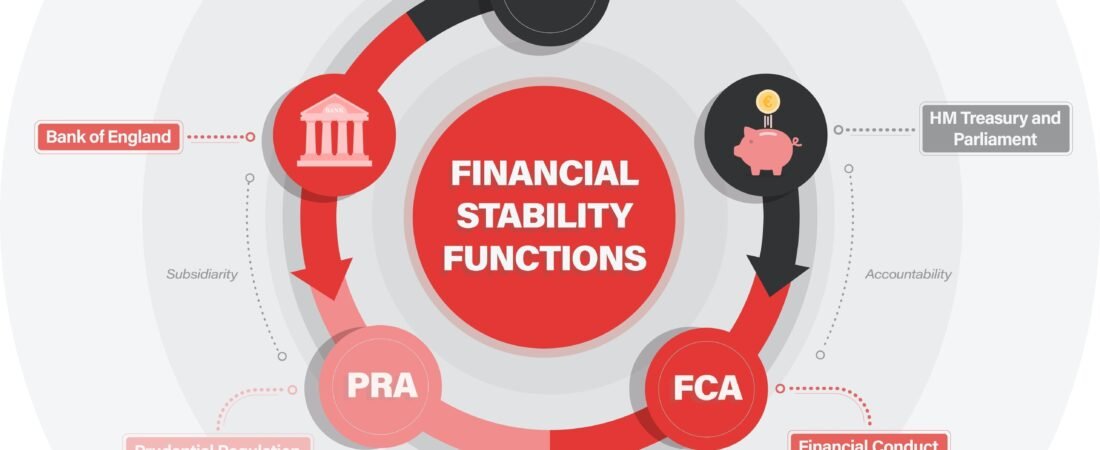The UK’s financial sector is entering one of its most transformative phases. With new AI regulations, fintech competition, and emerging crypto frameworks, Britain is solidifying its role as a global fintech powerhouse.
Here’s how each development is shaping the next era of UK finance.
1. FCA Pushes Growth Through AI and Innovation
The Financial Conduct Authority (FCA) is prioritizing innovation, AI integration, and smarter data practices.
Key initiatives include:
- Expanding AI sandbox programs that allow financial institutions to safely experiment with generative AI and machine learning tools.
- Developing the Smart Data Accelerator, which will advance Open Finance, enabling consumers to securely share financial data across multiple platforms.
- Drafting new crypto regulations to protect consumers while ensuring that innovation continues to thrive.
This balance between protection and progress will define the UK’s position in the global fintech race.
2. Crypto Moves Toward Legal Frameworks
After years of uncertainty, the UK government has introduced clear legislation for crypto exchanges and dealers.
The new framework focuses on:
- Greater transparency and operational resilience.
- Consumer protection to prevent fraud and loss.
- Integration of crypto oversight into the broader financial regulatory system.
This shift signals a more mature, regulated crypto environment — moving away from speculation and toward long-term trust and adoption.
3. Fintech Giants Reshape the Market
The UK’s fintech landscape is seeing both explosive growth and intense competition.
Recent developments include:
- Revolut’s valuation skyrocketing to £75 billion, reinforcing its position as Europe’s most valuable fintech startup.
- JPMorgan expanding into UK retail investment services to challenge established players.
- HSBC shutting down its Zing payments app after only one year, highlighting how even major banks struggle to match fintech agility.
This dynamic underscores a broader truth — innovation is moving faster than legacy institutions can adapt.
4. Consumer Finance Trends to Watch
Consumer behavior is evolving rapidly in the UK:
- Buy Now, Pay Later (BNPL) adoption is soaring among older demographics, not just Gen Z shoppers.
- Cash payments have dropped below 10% of total transactions — marking the strongest shift toward digital payments in UK history.
- Mobile banking and instant credit apps are now the norm, changing how people save, spend, and borrow.
These patterns reflect both opportunity and risk — digital finance offers convenience but demands stronger oversight and literacy.
5. SME and Business Lending Innovation
The small-business finance sector is becoming one of the UK’s hottest innovation hubs.
Key examples include:
- Iwoca, leveraging automation to speed up SME loan approvals while maintaining human oversight.
- Allica Bank, which blends technology with personalized lending for small and medium enterprises.
These challenger banks are filling the gap traditional lenders have long neglected — a strong sign of fintech’s growing maturity.
Predictions: The Road Ahead
- 2025–2026: AI-based compliance tools and regulated crypto adoption expand across major institutions.
- 2027–2028: Open Finance becomes mainstream, allowing customers to control and move financial data across banks seamlessly.
- 2030 and beyond: Stablecoins, tokenized assets, and cross-border payment platforms connect traditional finance with Web3 systems.
The winners of this shift will be those who adapt fastest — blending trust, regulation, and technology into sustainable financial ecosystems.
Final Thoughts
The UK finance industry is no longer defined by banks alone.
Fintech startups, AI-driven tools, and smart regulation are rebuilding the sector from the ground up.
As Britain tightens its grip on innovation while remaining globally competitive, it’s clear: finance in the UK isn’t just evolving — it’s reinventing itself.
